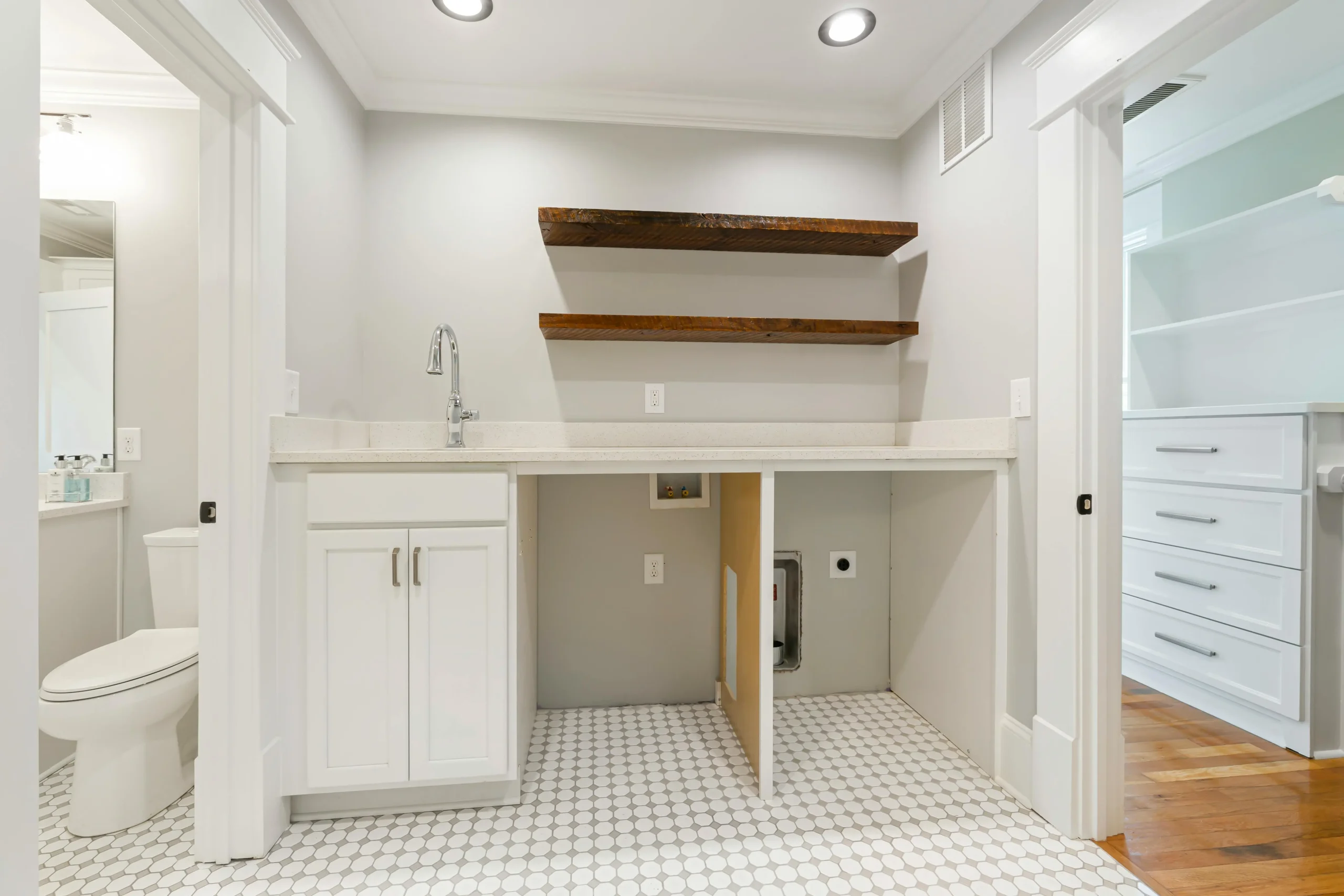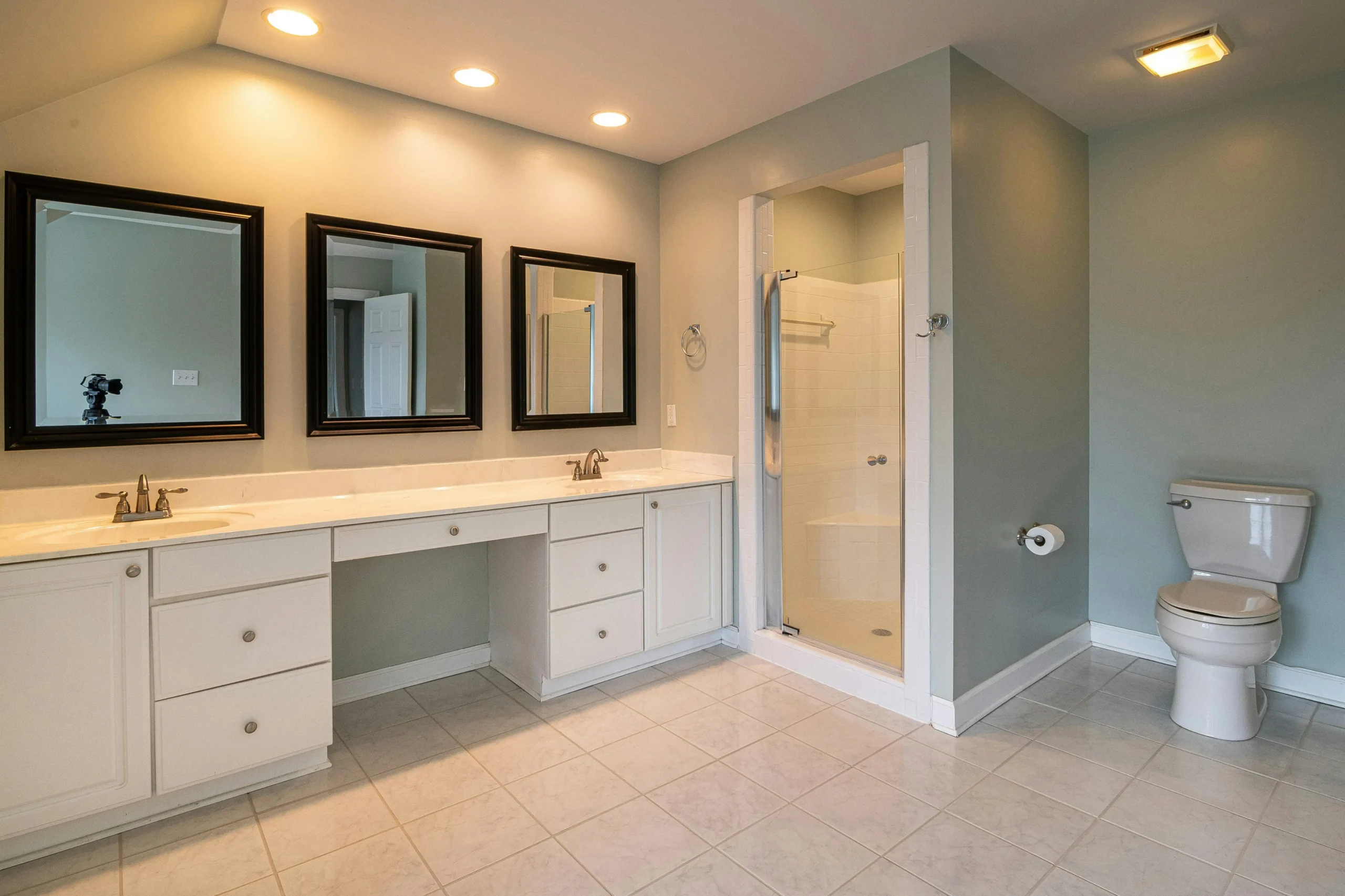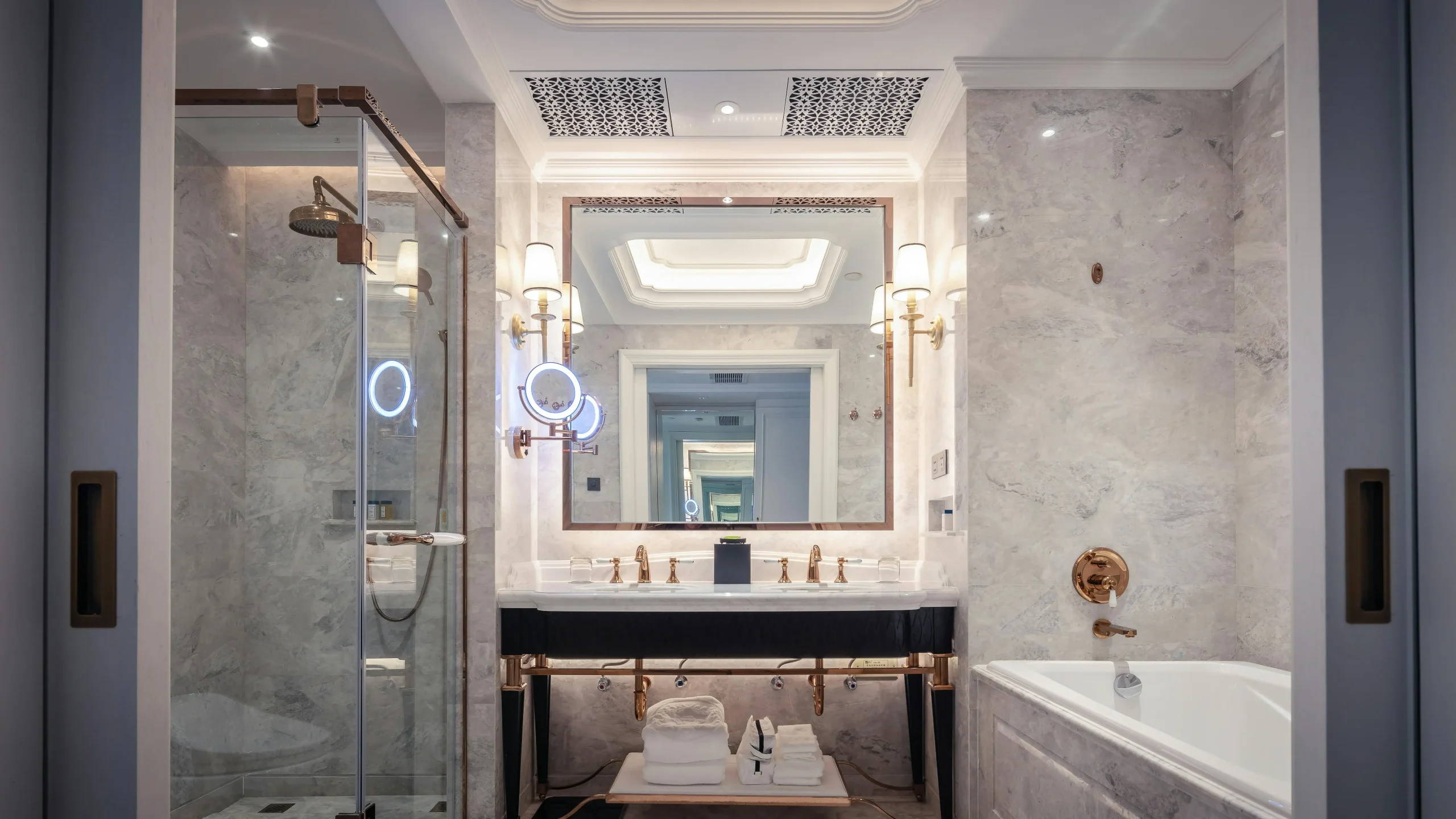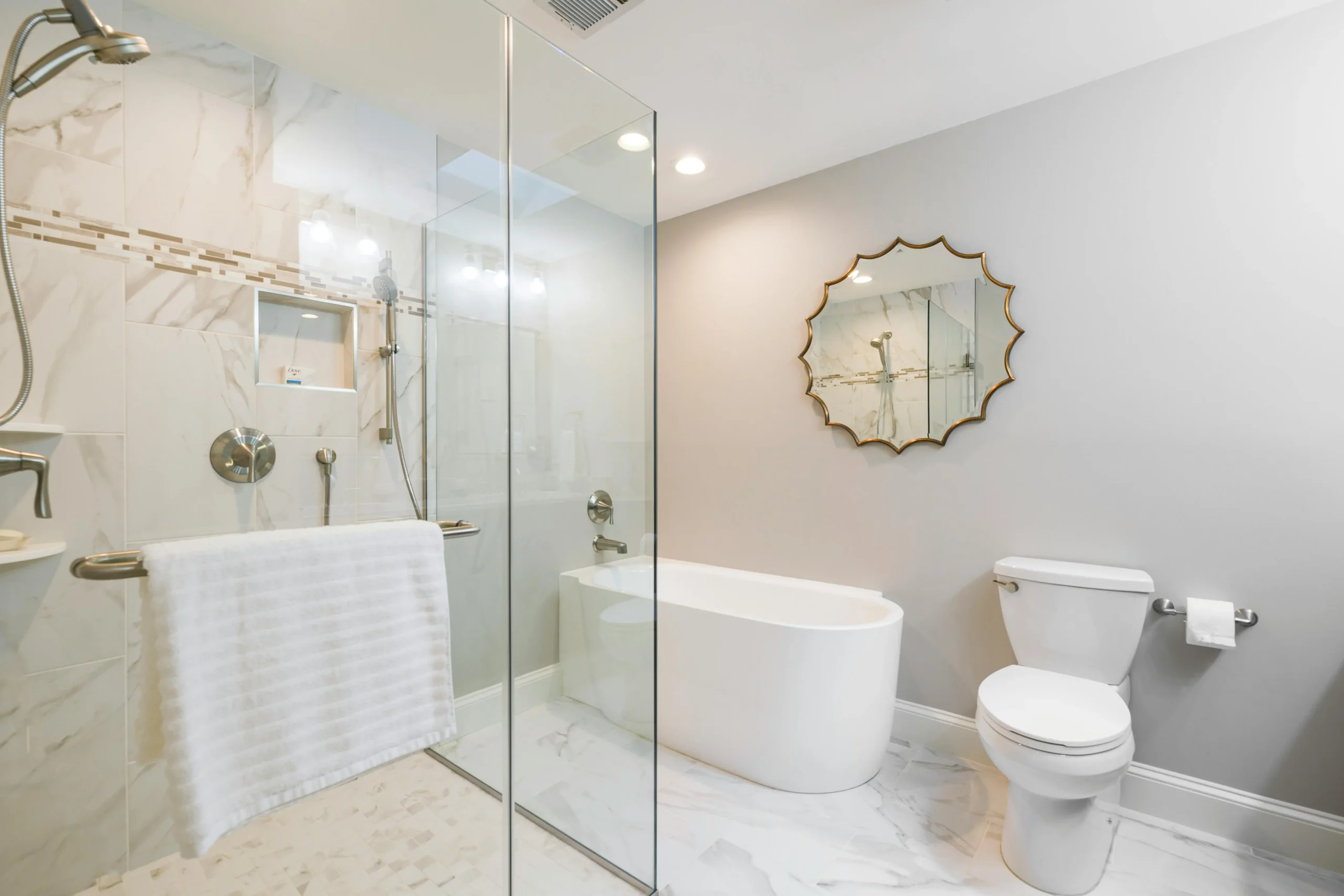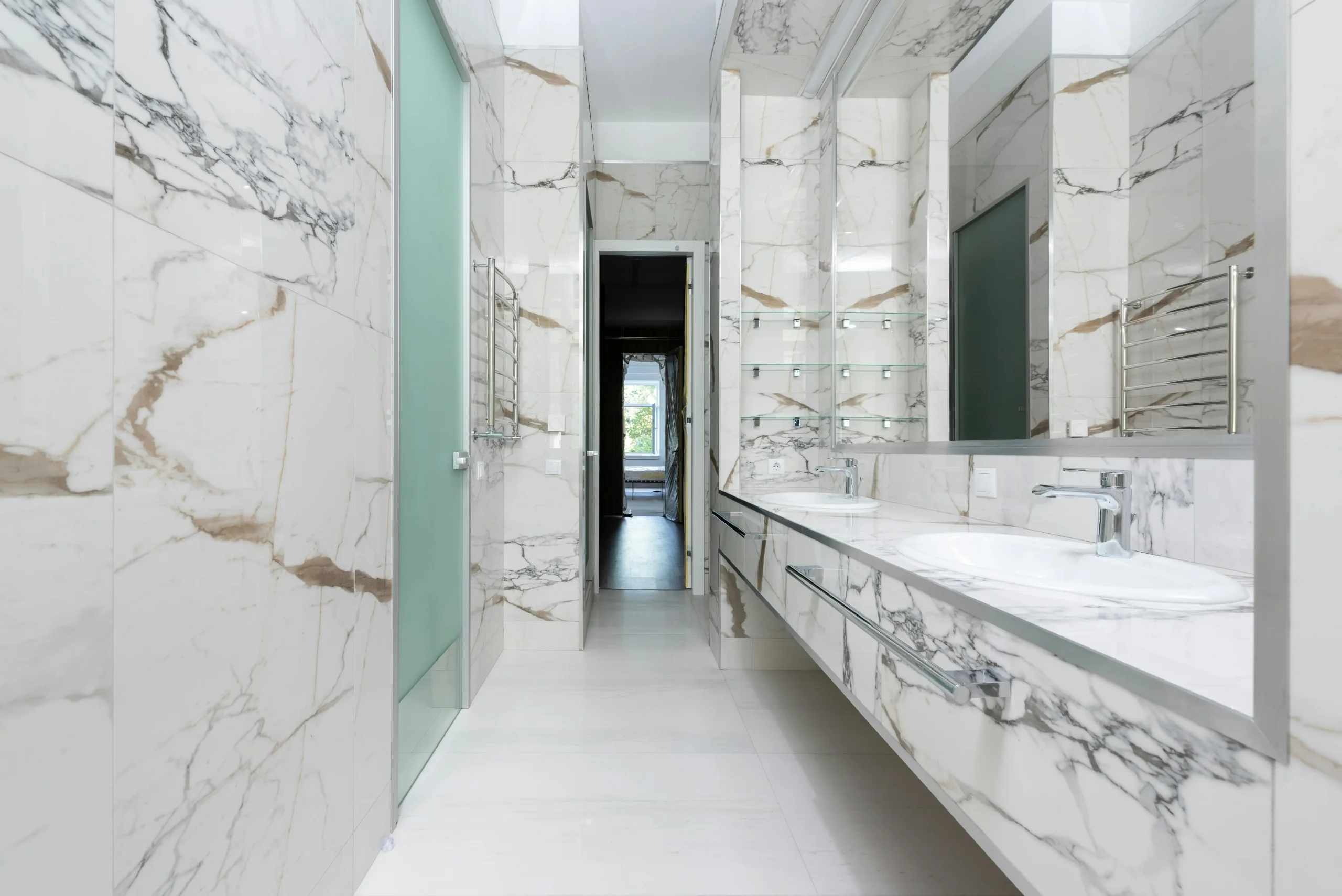Breaking Down Naperville Kitchen Remodel Costs
When planning a kitchen remodel in Naperville, it’s important to understand that your total investment includes several key components. The overall cost will be determined by factors such as the size of your kitchen, the scope of the project, and the quality of materials and finishes you choose. Expenses typically include design fees, materials, labor, permits, and sometimes unexpected repairs or updates. A detailed cost breakdown not only clarifies where your money is allocated but also helps in planning your budget effectively. Knowing these costs upfront enables you to prioritize updates that offer the greatest impact on both functionality and aesthetics. By analyzing each element of your remodel, you can make informed decisions and avoid unforeseen expenses. This comprehensive approach ensures your project remains both beautiful and financially manageable.
Factors Influencing Remodeling Costs
Multiple factors play a role in determining the final cost of your kitchen remodel in Naperville. Key influences include the kitchen’s overall size, the extent of structural changes required, and the quality of materials selected for cabinetry, countertops, flooring, and appliances. Labor costs are also affected by local market rates, which can vary based on contractor experience and demand in the region. Additional expenses may arise from design consultations, permits, and potential unexpected issues like outdated wiring or plumbing. Regional trends and economic conditions in Naperville further impact pricing. By considering these factors during the planning phase, you can set realistic expectations and allocate your budget to address the most critical areas of your renovation.
Material Costs for Major Kitchen Renovations
Material selection is one of the most significant aspects of any kitchen remodel. In Naperville, high-quality materials such as natural stone countertops, custom cabinetry, and designer backsplashes tend to drive up costs, while more economical options like laminate or stock cabinets help manage your budget. The choice of flooring—whether hardwood, tile, or luxury vinyl—can also significantly affect your overall expense. When selecting materials, it’s important to consider durability, maintenance requirements, and the aesthetic appeal that best complements your home’s style. Researching local suppliers and comparing product reviews can help you find the right balance between cost and quality. Quality materials can enhance the longevity and overall appeal of your remodel, making them a worthwhile investment despite the higher upfront cost.
Naperville Labor Costs for Kitchen Remodels
Labor costs are a critical component of your kitchen remodel and often represent a significant portion of your budget in Naperville. Experienced contractors and skilled tradespeople ensure that every aspect of your remodel—from demolition and installation to detailed finishing work—is completed to a high standard. Local labor rates can vary based on demand and the complexity of the project, meaning custom work and intricate designs may require additional time and expertise. Detailed estimates should include a breakdown of labor charges to help you understand how much you’re paying for each task. Obtaining multiple bids from reputable contractors in the area allows you to compare rates and services, ensuring that you get competitive pricing without compromising on quality. Investing in quality labor ultimately contributes to the durability and success of your remodel.
Kitchen Remodel Cost Guide for Beginners
For those new to the remodeling process, a comprehensive cost guide can simplify the journey and set clear expectations. Begin by researching average kitchen remodel costs in Naperville to establish a baseline for your project. Understand that your remodel includes both hard costs (materials, labor, permits) and soft costs (design fees, project management, temporary accommodations). Create a detailed project plan that outlines every phase of the remodel, identifying critical areas where spending is necessary and where you can economize. Building in a contingency fund of 10-20% will help manage unexpected expenses that may arise during the process. With a clear, structured plan in place, even beginners can approach the remodel confidently, making informed decisions that balance cost, functionality, and style.
Budgeting Tips for Kitchen Remodels
Effective budgeting is essential to ensure your kitchen remodel stays within financial limits while achieving your design goals. Start by determining your overall budget and prioritizing essential updates over cosmetic changes. Research multiple quotes from local contractors and suppliers to secure the best pricing and avoid overpaying. Allocate a contingency reserve of 10-20% of your total budget to cover unforeseen issues such as hidden water damage or structural surprises. Creating a detailed timeline with scheduled payments can help manage cash flow and ensure the project progresses smoothly. Regularly review your expenses against your budget to catch any potential overruns early. Clear communication with your contractor about budget constraints can also lead to creative, cost-saving solutions that maintain high-quality results.
High-End vs. Budget Kitchen Remodel: Cost Differences
The choice between a high-end kitchen remodel and a budget-friendly renovation significantly influences your overall investment. High-end remodels in Naperville typically incorporate custom cabinetry, premium countertops, designer lighting, and state-of-the-art appliances that elevate your kitchen’s style and functionality. These projects require a larger budget and often take longer to complete due to the attention to detail and specialized craftsmanship involved. In contrast, budget remodels focus on essential updates that improve functionality and aesthetics using more economical materials and standard finishes. While the latter approach may lack some of the luxurious elements of high-end designs, it can still achieve a modern and efficient kitchen layout. Your decision should balance your financial capacity with the desired level of luxury and long-term value, ensuring that the remodel aligns with your overall goals.
Impact of Kitchen Size on Remodel Cost
The size of your kitchen directly impacts the overall cost of your remodel in Naperville. Larger kitchens typically require more materials, extended labor hours, and more extensive planning for layout and design, which collectively increase costs. Even small updates can add up in a spacious kitchen because of the sheer volume of resources needed, such as flooring, cabinetry, and countertops. Conversely, smaller kitchens may allow for more targeted improvements that maximize functionality without extensive overhauls. Evaluating your kitchen’s dimensions early in the process helps determine the scope of work and allows for accurate cost estimation. A clear understanding of the spatial requirements can help tailor your design plan, ensuring that every square foot is optimized while staying within budget.
Average Price of Kitchen Remodels by Region
Kitchen remodel costs can vary widely by region, and understanding these differences is crucial when planning your project in Naperville. Local economic factors, labor demand, and the cost of living all influence the average price per square foot for remodels in the area. By researching local case studies and consulting with area professionals, you can gain insights into typical project costs and identify whether your remodel will align with regional pricing trends. This regional perspective not only sets realistic expectations but also helps in negotiating with contractors. Being aware of the average prices in Naperville enables you to make informed decisions about materials, design choices, and overall project scope, ensuring that your investment is both competitive and reflective of local market conditions.
FAQs: Understanding Major Kitchen Value
Homeowners often have questions about what aspects of a kitchen remodel add the most value to their home. Frequently asked questions focus on which upgrades yield the best return on investment, such as modern appliances, updated cabinetry, energy-efficient lighting, and contemporary countertops. Other common inquiries include the typical timeline for a remodel, how to balance aesthetics with functionality, and what improvements are most likely to enhance resale value. Additionally, homeowners are curious about potential disruptions during the remodel process and how best to mitigate them. Understanding these key points helps in making informed decisions that enhance both immediate livability and long-term home value. Clear, detailed answers to these FAQs build confidence in your remodel strategy, ensuring that every upgrade contributes positively to your overall investment.
What Can I Expect for Return on Investment?
Return on investment (ROI) is a critical consideration when planning your kitchen remodel in Naperville. Studies indicate that well-executed kitchen renovations can recoup anywhere from 60% to 80% of the initial investment upon resale, although this varies based on project scope, materials used, and current market conditions. Upgrades that focus on modern design elements, energy efficiency, and enhanced functionality tend to provide the best ROI. While high-end remodels may require a larger upfront cost, they often lead to a significantly more appealing and marketable space. Conversely, strategic budget-friendly updates can also boost home value without excessive spending. Consulting with local real estate professionals can offer personalized insights into current market trends and expected ROI in Naperville. With careful planning and thoughtful investments, your kitchen remodel can serve as both an enjoyable upgrade and a sound financial decision.
Frequently Asked Questions
Is $30,000 enough for a kitchen remodel?
A $30,000 budget can be sufficient for a kitchen remodel, but its adequacy depends on the extent of your planned updates. With this amount, you can typically cover a mid-range renovation that includes updating cabinetry, countertops, and appliances while also improving lighting, flooring, and possibly making minor layout adjustments. This budget may allow for quality materials if you choose to prioritize key areas, though it might require careful selection of cost-effective options for elements that are less critical. Labor costs, which can vary widely by region, also play a significant role in determining whether $30,000 will be enough. Homeowners often find that by focusing on the most impactful improvements and planning strategically, they can achieve a fresh, modern look without overspending. It’s important to obtain detailed estimates from local contractors and set aside a contingency fund to manage any unforeseen expenses. Ultimately, while $30,000 can provide a solid foundation for a remodel, success depends on balancing quality, design, and realistic expectations.
What is a good budget for a kitchen remodel?
A good budget for a kitchen remodel depends on the size of your space, the quality of materials you desire, and the scope of the project. Many experts suggest that a comprehensive remodel typically falls in the range of $20,000 to $50,000 for a mid-range renovation. This range usually covers new cabinetry, countertops, flooring, lighting, and updated appliances, along with labor, design fees, and necessary permits. For those looking at a high-end or fully custom kitchen, budgets can easily exceed this range, while smaller, cosmetic updates might require less investment. It’s a good practice to break down your expenses into categories such as materials, labor, and contingencies. This approach helps you identify areas where you might cut costs without sacrificing quality. Consulting with multiple contractors and planning every detail ahead of time can ensure your budget is both realistic and aligned with your design vision. Ultimately, a good budget is one that meets your functional and aesthetic needs while also preserving the overall value of your home.
What is the average cost of a brand new kitchen?
The average cost of a brand new kitchen can vary significantly based on factors such as size, layout, material choices, and geographic location. Typically, homeowners might expect to spend between $25,000 and $75,000 for a complete kitchen renovation that includes new cabinetry, countertops, flooring, lighting, and appliances. In many suburban areas, a mid-range kitchen remodel might settle around $50,000, though high-end kitchens with custom features and premium materials can cost considerably more. The overall expense will also depend on labor rates and any structural modifications needed to update plumbing or electrical systems. It’s important to note that these figures include both materials and labor, and unexpected issues during the renovation can add to the total cost. Detailed planning and obtaining multiple estimates from reputable contractors will help you get a clearer picture of what a new kitchen will cost in your specific situation. This average range serves as a general guideline, but every project is unique.
What is the most expensive part of a kitchen remodel?
In many kitchen remodels, the cabinetry is often the most expensive component, frequently accounting for a significant portion of the overall budget. Custom cabinetry, in particular, can be costly due to the personalized design, high-quality materials, and labor-intensive installation process required. Alongside cabinets, countertops—especially those made from premium materials like granite, quartz, or marble—are another major expense that can drive up the total cost. High-end appliances, while not always the single most expensive item, also add substantially to the budget when selected for both functionality and design appeal. Labor costs, which encompass installation, demolition, and any necessary modifications to existing structures, further increase the overall expense. Understanding which elements are the most expensive helps homeowners prioritize their spending and consider cost-saving alternatives that do not compromise on quality. By carefully selecting materials and balancing between premium and economical options, you can optimize your remodel while keeping the most significant costs in check.

